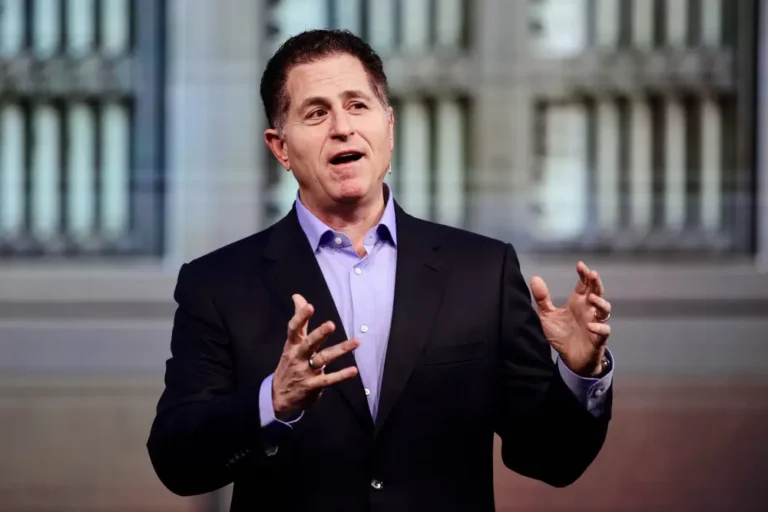Snap workers say they’re being closely ‘tracked’ to enforce compliance with the RTO mandate

- Snap employees are required to work in an office four days a week and can have their WiFi tracked.
- CEO Evan Spiegel has lately pushed a more intense work culture amid ongoing business struggles.
- Employees say they are frustrated and feel the company is simply trying to force people to leave.
Snap is doing everything it can to get employees back to work in the office.
The Snapchat parent company implemented a return to office mandate in early September, requiring employees to be in the office at least four days per week. According to two people familiar with the company who asked not to be identified because they are not permitted to speak publicly about the company, some employees have been told by their managers that the company can check the WiFi connections of its roughly 5,000 employees to see who is complying. Business Insider is aware of their identities.
Snap can determine whether an employee was working from an office or not by “tracking WiFi,” as those familiar with the matter put it. Snap is also “badge tracking,” according to people familiar with the matter. Badge tracking is the use of key cards to track when employees enter and exit an office. It’s become common among companies enforcing RTO mandates, such as Meta and Amazon, which both warned employees that they could be fired if they didn’t comply.
According to the people familiar with the situation, Snap employees’ adherence to RTO rules will be factored into their performance evaluations in the future.
Snap’s efforts to enforce the RTO mandate coincide with sporadic layoffs, executive departures, ongoing business challenges, and advertising woes. Last year, the company cut 20% of its workforce and implemented other cost-cutting measures.
One familiar with the situation noted the irony of Snap executives frequently mentioning how well RTO is going and how “people have more fun in the office,” followed by managers discussing efforts to improve “low attendance.”
A Snap representative declined to comment.
Snap’s RTO push this year has been bumpy, with employees generally groaning. According to BI, the company first informed employees at the end of last year that they would soon be expected to return to the office, marking a 180-degree turn from the “remote-first” policy it adopted during the pandemic.
The return to work was delayed twice this year, the first time due to the discovery that the company headquarters’ drinking water contained six times the EPA recommended limit of lead and 15 times the limit of copper.
Low morale at Snap
More recently, in his weekly “Ask Evan” talks, co-founder and CEO Evan Spiegel has attempted to motivate employees to work harder. It’s working for some employees, such as engineers who are relieved to be able to ship products more quickly. Others have described the tone as “prove the haters wrong,” a phrase that has become an inside joke at the company, according to one source, since Spiegel tried to use it as a rallying cry last year after mass layoffs.
According to people familiar with the situation, morale within Snap is “low” as the company’s business struggles. Snap leaders have imposed tougher performance reviews (which are now quarterly) and frequently micromanage employees, according to one source.
Employees’ total compensation decreased as a result of the company’s low stock price, compared to when they were hired or received new awards of company stock.
Although Spiegel previously distributed two “top ups” of restricted stock units to compensate for a pay cut, he recently stated that there will be no more, citing Snap’s board of directors’ opposition.
“We’re effectively being asked to work more for less,” one of the participants stated. “Everything seems designed to incentivize people to leave, and it seems to be working pretty well.”


